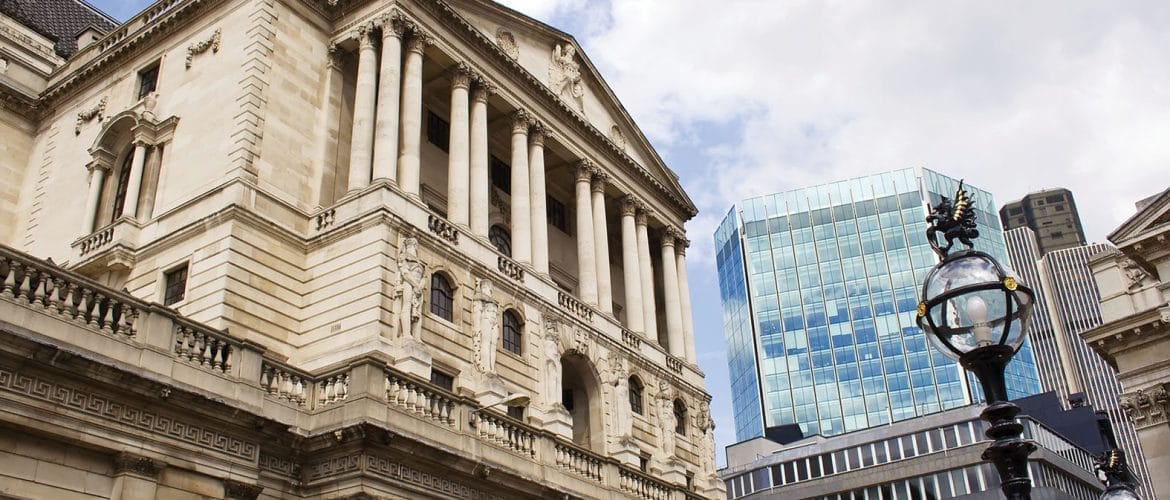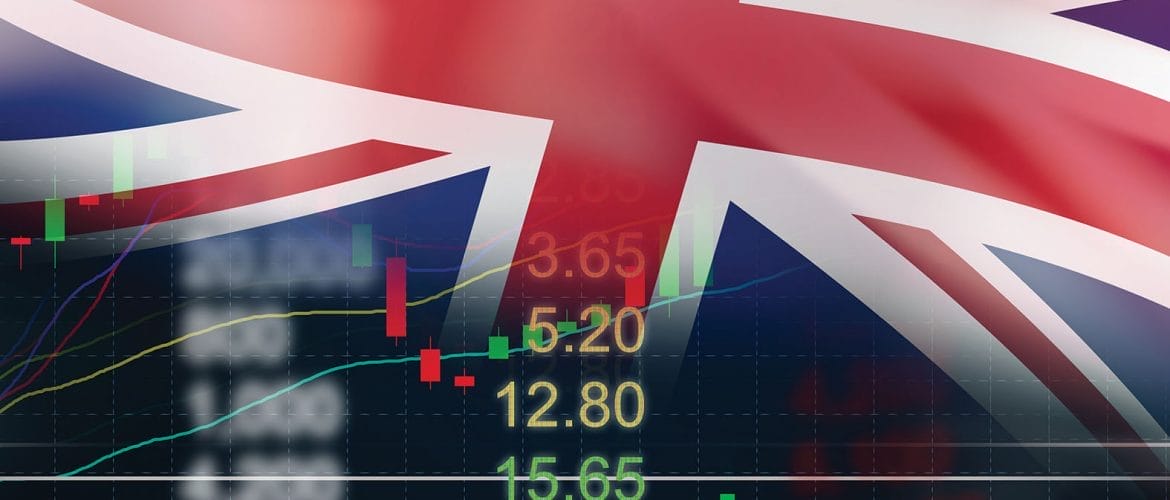Analysis from Dr John Ashcroft on the economic impact of Covid-19
UK car factories turned out 69,097 units in June, according to the Society of Motor Manufacturers and Traders (SMMT). While this was a rise compared with the Covid-depressed June 2020, however, it still represents the worst June total since 1953 as the global chip shortage, caused by the pandemic, and staff shortages caused by the “pingdemic”, make an impact. By the end of July, almost 700,000 workers have received isolation alerts from the NHS “Stay at Home” App. The motor trade is one of many hit by the pings. The list of ‘reserved’ occupations is expected to rise. Isolation conditions will ease for all in August.
Growth expectations rise for the year…
Despite the setback, growth expectations have been revised up again. The average forecast for GDP growth for 2021 is now 6.9% compared to 6.4% when we last updated GM Business Connect’s readers. JP Morgan is now forecasting growth of 8.1%. Capital economics expects growth of 8.0%. Goldman Sachs is more nervous about prospects for the UK. The American Bank is now forecasting growth of 7.7% compared to 8.1% last time. The Bank of England expects growth of 7.25% in 2021. Our Saturday Economist central forecast remains at 7.5% for the moment. We expect growth of 5.5% in 2022 slowing to perhaps 3.5% in the following year, thereafter reverting to trend growth of around 2% in the years to follow.
Over the next five years, the economy will grow by over 20% in real terms and by over 30% in nominal terms. The additional revenues to the Treasury will be almost £250 billion in the period. No need as yet to undertake any radical revision to the tax base within the economy to reset the balance sheet.
Fears of inflation have increased…
Fears of inflation have increased slightly as we suggested they would in June. Inflation CPI basis is expected to average 2.6% in the final quarter, compared to 2.2% last time. Prospects for 2022 remain relatively unchanged. Forecasts are for inflation to average just 2.1% though the year ahead. Inflation increased to 2.5% in the latest data. We expect inflation to hit the 3%, CPI basis, in August, before easing by the end of the year. Data from manufacturing costs suggests the peak in input prices may have peaked in May. We watch with interest the pattern of trade in oil prices. Brent crude trades at $75 dollars per barrel as we write. We expect oil to trade between $65 and $70 dollars in the third quarter. Price resilience could lead to an upward revision to our inflation forecasts.
Unemployment set to rise…
Unemployment is expected to hit 5.6% in the final quarter, up from 4.8% in May. In the following year, the u rate will fall back to 4.9% as the economy continues to recover. The number of people out of work is expected to rise to 1.9 million based on current forecasts. The ending of the furlough scheme in September is the major explanation for the uplift. More than a third of the working population have been supported by government schemes since the coronavirus pandemic began. Latest figures show the UK Government supported over 14.5 million jobs and individuals during the crisis, at a cost of £325 billion.
Government borrowing will fall and fast…
Government borrowing hit £300 billion in the financial year ending in March. Good news for the Chancellor. In the first three months of the current financial year, borrowing fell to £69.5 billion compared to almost £120 billion in the same period last year. The out turn was £19 billion below the OBR forecast. The fiscal watchdog had projected borrowing of £234 billion in the year. If the current trends were to be maintained, the outcome could be a drop in borrowing levels to around £175 billion and a fall below £100 billion in the subsequent years. The fall reflects stronger than expected tax receipts and lower than expected spending. The additional kick to revenues could be almost £250 billion over the next five years. No need as yet to undertake any radical revision to the tax base within the economy. The Bank of England will continue to stand by as the ‘buyer of last resort’ until the borrowing levels and gilt issue falls within the capacity of independent financial institutions.
So what of interest rates?
The Fed set the pace for central bank action in July. The FOMC didn’t raise rates and said it would not start tapering. The $120 billion monthly asset purchases are set to continue. Despite the rise in inflation the Fed is concerned about the residual output gap and job losses in the labour market. Don’t expect any changes in the Fed stance for the moment. Despite the noises off in the MPC, we don’t expect any change in the Bank of England stance anytime soon either. The Bank may yet fill the Chancellor’s £1 trillion pound bank note. The prospects for a rate rise … remote.

Dr John Ashcroft specialises in economics, strategy and financial markets. He is author of The Saturday Economist, great updates every week on the UK and World Economy. The Saturday Economist Live is now available as a podcast and on Zoom. “Fast Moving, Content Rich and Fun.” Find out more… www.thesaturdayeconomist.com




